Earth
Sign up for our newsletter
We summarize the week's scientific breakthroughs every Thursday.
-
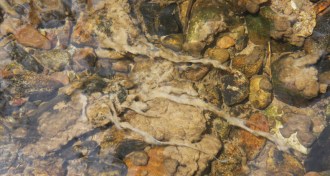 Climate
ClimateEnvironmental change may spur growth of ‘rock snot’
A controversial new theory suggests alga that forms rock snot isn’t an invader, but a low-key species native to many rivers.
By Beth Mole -
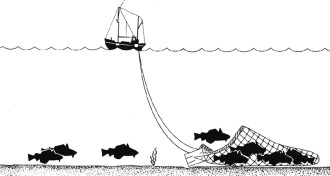 Ecosystems
EcosystemsDeep-sea trawling threatens oceans’ health
Dragging large nets along the seafloor to catch fish cuts organic matter and biodiversity in half and may threaten all of the world's underwater ecosystems.
-
 Climate
ClimateForest fires may speed demise of Greenland’s ice sheet
Black carbon released by burning woodland darkens Greenland’s ice sheet, quickening its melt.
By Beth Mole -
 Health & Medicine
Health & MedicineFeedback
Readers question pertussis vaccination scheduling, share stories about earthquakes and more.
-
 Environment
EnvironmentFukushima contamination affects butterfly larvae
Butterfly larvae fed leaves with radioactive cesium from the Fukushima nuclear disaster had a higher rate of death and development abnormalities than larvae that got leaves from a location farther from the accident.
-
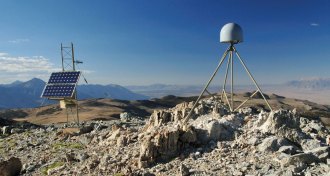 Earth
EarthTiny earthquakes may follow groundwater loss
Draining California’s aquifers may stress San Andreas Fault, triggering earthquakes and forcing mountains to rise.
By Meghan Rosen -
 Oceans
OceansDeepwater Horizon methane lingered longer than thought
Microbes may not have consumed methane from the 2010 Deepwater Horizon oil spill as fast as previously thought.
-
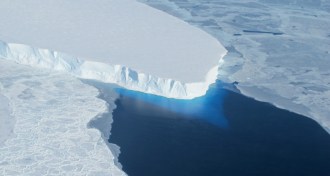 Climate
ClimateAntarctic glacier melt is unstoppable
The inevitable collapse of Antarctic’s western glaciers could raise global sea level by more than 4 meters in coming centuries.
By Beth Mole -
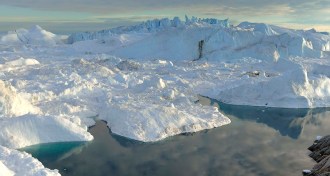 Climate
ClimateTropics leave trace in Arctic warming
Cooling temperatures in the Pacific may be responsible for the recent rapid warming of northeastern Canada and Greenland.
-
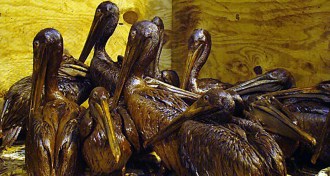 Environment
EnvironmentBP oil spill may have killed hundreds of thousands of birds
The 2010 Deepwater Horizon oil spill may have killed 600,000 to 800,000 coastal birds, new simulations suggest.
-
 Climate
ClimateCrop nutrients may drop as carbon dioxide rises
Many staple grains and legumes pack 5 to 10 percent less iron, zinc and protein when grown at carbon dioxide levels expected midcentury.
By Beth Mole -
 Climate
ClimateFederal report details climate change in U.S.
The latest National Climate Assessment was released by federal officials May 6.